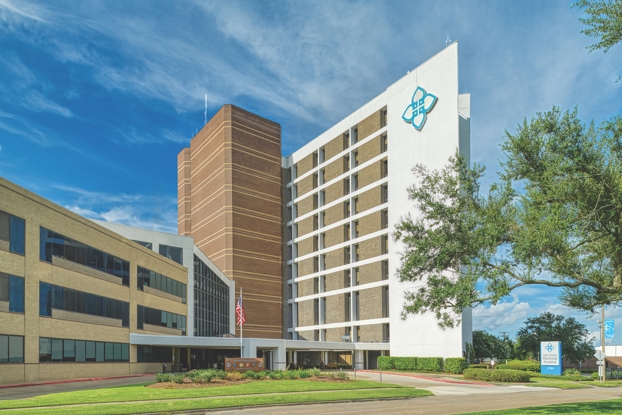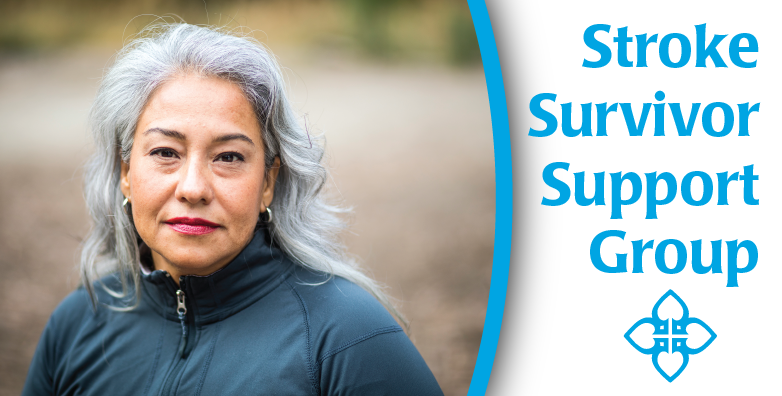Stroke Care
Primary Stroke Center
Lake Charles Memorial Hospital has earned The Joint Commission’s
Gold Seal of Approval® and the American Stroke Association’s
Heart-Check mark for Primary Stroke Certification.
The team at Memorial Health System offers comprehensive care — from
diagnosis and treatment to follow-up care. We have the expertise, technology,
and resources to minimize damage, help recover your health and functioning,
and make the most of your capabilities so you can get back to your life.
LCMHS has partnered with Tulane Medicine Center, a Louisiana Emergency
Response Network Level III Stroke Program, to create a trusted Telestroke
Program. This collaboration brings together a form of telemedicine that
provides Memorial patients with enhanced in-house stroke care with 24-hours
access to specialized stroke experts.
Using TeleStroke system carts and a two-way live video, audio and image
sharing system, consulting stroke neurologist and neurosurgeons from Tulane
Medical Center can evaluate a patient in real time to determine the best
course of action.
Together, this collaboration makes Lake Charles Memorial the first access
point for high quality care for those experiencing stroke symptoms.
Know the Warning Signs of a Stroke
Stroke is an emergency. Call 911 if you or a loved one has signs of stroke.
Do not drive yourself and go the nearest emergency room immediately.
Symptoms of a Stroke: BE FAST!
-
Balance unstable
-
Eyesight blurry
-
Facial weakness
-
Arm weakness
-
Speech slurred
-
Time is Critical. Call 911!
Symptoms can depend on the part of the brain that is affected. Classic
symptoms of stroke include:
- Sudden confusion
- Sudden numbness or weakness in the face, arm, or leg, especially on one
side of the body
- Sudden vision problems in one or both eyes
- Trouble speaking, or difficulty understanding speech
Women may not always have the classic signs of a stroke, so symptoms can
be mistaken for something else. Our team is highly experienced in recognizing
and treating strokes in women.
Women’s symptoms can be vague and may include:
- Agitation
- Confusion, unresponsiveness, or disorientation
- Difficulty breathing or shortness of breath
- General weakness
- Hallucinations
- Hiccups
- Loss of consciousness or fainting
- Nausea or vomiting
- Pain
- Seizures
- Sudden behavioral change
Your risk for stroke is higher if you:
- Are depressed or under great stress
- Are not physical active and/or have an unhealthy diet
- Have a lot of fat around your abdomen
- Have diabetes
- Have heart disease
- Have high blood pressure.
- Have migraine headaches
- Have more than 30 alcoholic drinks per month
- Smoke
Women may be at higher risk if they are pregnant, take birth control pills,
or use hormone replacement therapy.














